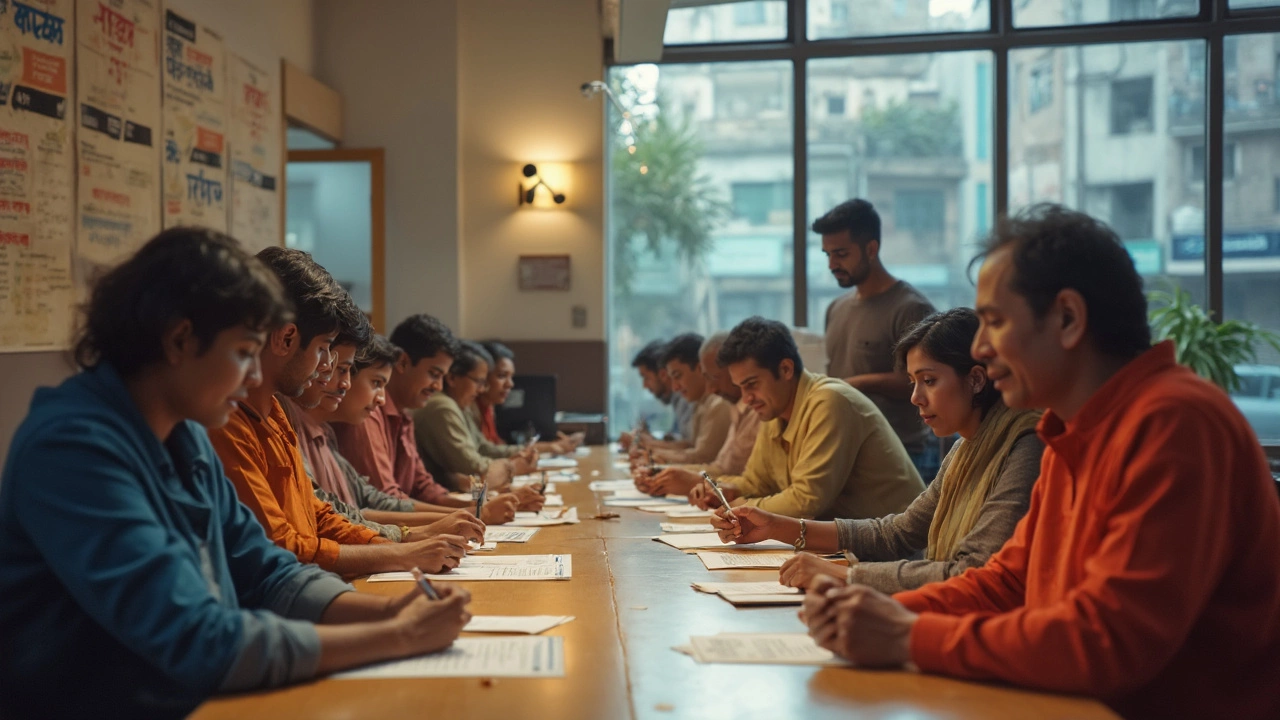Section 35 Explained – What It Really Means
If you ever heard the term “Section 35” in a courtroom or a news report, you might wonder what it actually does. In simple words, Section 35 of the Indian Penal Code deals with abetment of serious crimes – those punishable with death or life imprisonment. It tells the court that anyone who encourages, helps, or plans such a crime can be punished just as if they did the crime themselves.
When Does Section 35 Apply?
Section 35 steps in only when the original offence is a very serious one – death or life sentence. If someone merely assists in a minor offence, a different section handles that. The key is the intention to aid the main crime. For example, if Person A hires a hit‑man to kill someone, the hit‑man and the person who hired him are both under Section 35 because the murder carries the death penalty.
Key Points to Remember
1. Intent matters. The law looks at whether the helper meant the crime to happen. Accidentally giving a tool isn’t enough; there must be a clear purpose to assist.
2. Same punishment. The abettor gets the same punishment as the principal offender – death if the crime carries death, life imprisonment if that’s the punishment.
3. Not a typo. Section 35 is different from sections that handle lesser crimes. Make sure you know which offence you’re dealing with before citing it.
4. Evidence. Courts need solid proof of encouragement or planning – messages, meetings, money transfers, anything that shows the abettor’s role.
5. Legal defenses. If the helper can prove they were forced or acted under duress, they might escape Section 35, but that’s tough to prove.
Real‑world example: In a 2023 case, a landlord was charged under Section 35 for hiring a goon to threaten a tenant who refused to pay rent. The court treated the landlord’s act as abetment of intimidation, which was a serious crime, and gave him the same sentence as the goon.
Understanding Section 35 helps you see why Indian law treats helpers as seriously as the main perpetrators. It sends a clear message – you can’t hide behind someone else if you’re part of a deadly or life‑changing crime.
If you’re studying law or just curious, remember: Section 35 isn’t about everyday disputes. It’s reserved for the biggest crimes, and the punishment matches the gravity. Keep an eye on the intent and the evidence, and you’ll know when this section is relevant.

Section 35 of the Consumer Act: Your Shortcut to Filing a Complaint
Ever wondered how you, as a buyer, can quickly stand up against unfair sellers or services in India? Section 35 of the Consumer Protection Act gives you the roadmap. This article explains what Section 35 is, how you can use it, and the steps to file a complaint without lawyers or legal mumbo-jumbo. You'll get simple tips and real-life applications so you can protect yourself the next time a brand tries to take you for a ride.